4 things to consider before installing an electric vehicle charger in Ottawa
Do I have enough electrical capacity to support an EV charger in Ottawa?
Installing an electric vehicle (EV) charger in Ottawa requires careful consideration of your home or business's electrical capacity. The amount of electrical capacity you have available will determine the type of charger that can be installed and how much power it can provide. Before installing an EV charger, it's essential to have a licensed electrical contractor assess your electrical capacity. They will determine if your electrical panel, wiring, and service entrance are suitable for an EV charger. Additionally, they will check if you have enough capacity to power the charger, and if not, they will recommend the necessary upgrades. It's important to ensure that your electrical system is up to code and able to safely handle the additional power demand of an EV charger.
What's the difference between level 1, 2 and 3 EV charger's?
Electric vehicle (EV) chargers come in different sizes, each with different charging speeds and power levels. Level 1 chargers use a standard 120-volt outlet, and are the slowest type of charger. They can charge approximately 7-9 km/hour of charging. Level 2 chargers use a 240-volt outlet and offer faster charging speeds than Level 1 - typically around 30km of range per charging hour. Level 2 chargers are the most popular. Level 3 chargers, also known as DC fast chargers, use a high-voltage direct current (DC) and are the fastest type of charger. They can charge an EV battery to 80% in just 30 minutes. Level 3 chargers are not recommended for residential applications as they require higher voltages than what is available for residential use. Level 1 chargers are typically used for overnight charging, while Level 2 chargers are more suited for the daily commuters with a charging rate of 30km/hour. The type of charger you choose will depend on your charging needs and the available power source. Level 1 and 2 are most suitable for home charging, while level 3 is primarily for public and commercial charging stations.
As a homeowner, can I install the EV charger myself?
Installing an EV charger requires knowledge of electrical wiring and safety codes, as well as the proper equipment and tools. It is important to hire a licensed electrical contractor with experience in EV charger installation. Licensed electrical contractors will ensure that the installation is done safely and correctly, and that all permits and regulations are met. They can also advise you on the best type of charger to install based on your electrical system's capacity and charging requirements.
Cost considerations of EV chargers
The cost of electric vehicle (EV) chargers has dropped significantly in recent years, making them more accessible and affordable for homeowners and businesses. The cost of installation depends upon several factors such as available electrical capacity, distance from a main breaker panel, complexity and installation requirements. As a small investment, installing an EV charger for immediate or future use can add value to your home. Additionally, many governments and utilities offer financial incentives and rebates to offset the cost of EV charging equipment. The typical cost of a level 2 charger can range between $600 to $1,100. The cost of installation, materials and permits can range between $1,000-$2,000 depending on the complexity of the installation.
Contact Symmetry Electric today for your free EV charger assessment!
